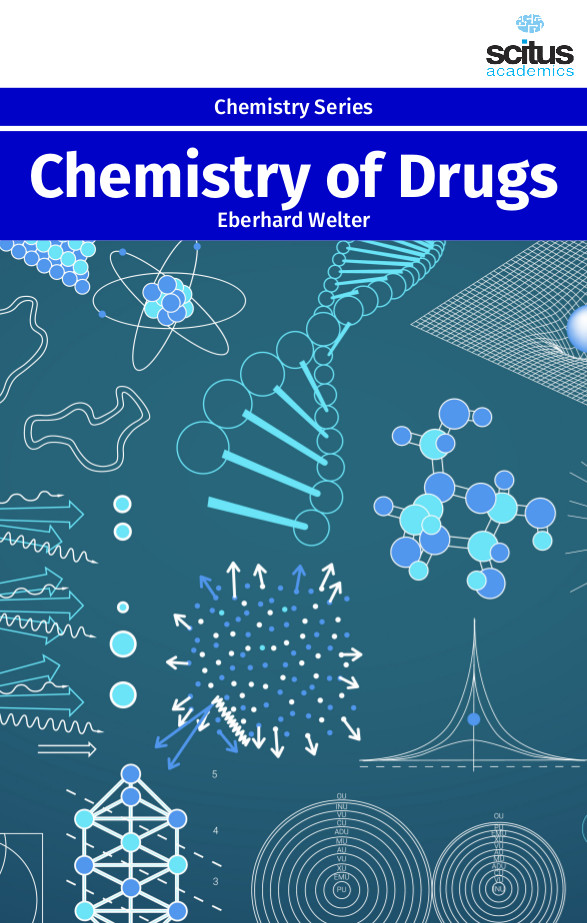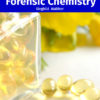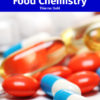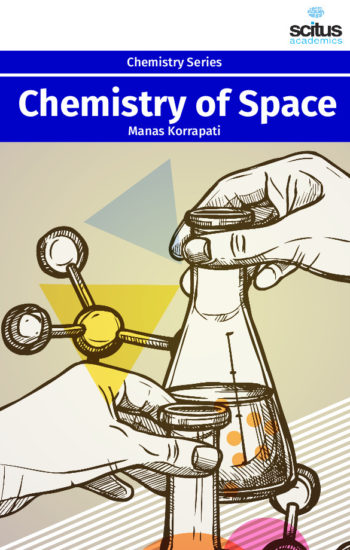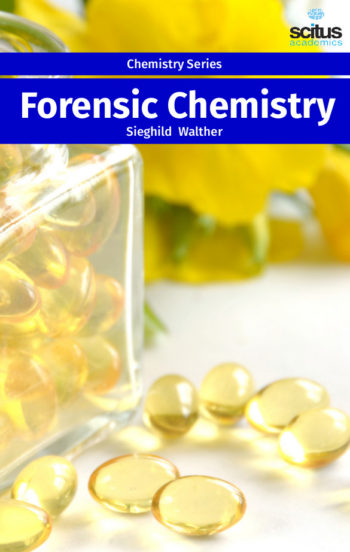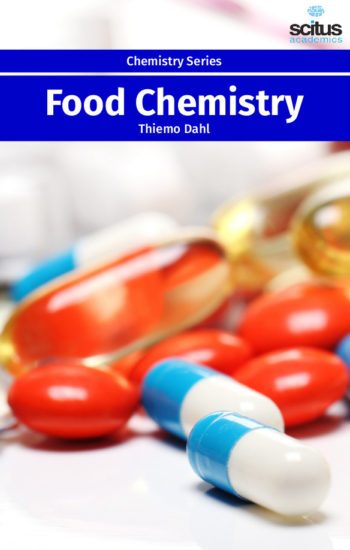Drugs are a way of modifying the chemistry of the body. They can be used to treat diseases and infections, correct imbalances in electrolytes and fluids, or alter mental status (such as inducing amnesia or stopping hallucinations). Drugs are used both for medical purposes and for recreation. In both cases, no drug is perfect. A perfect drug would be 100% effective while causing no side effects. Drug discovery has undergone many changes over the years but the goal has remained same: to uncover safer medicines for all diseases. Drug discovery and development is driven by the knowledge of chemistry of the molecules and their association with life process. The classical or traditional method adopted by medicinal chemists involves modifying bio-active molecules from natural products. These natural products are the source of active ingredients in most of the existing drugs. The current era has witnessed an ever changing role in modern drug discovery. The chemical methods adopted for the discovery of the molecules have also undergone changes leading to the development of technologies such as combinatorial chemistry, microwave assisted organic synthesis (MAOS) and high-throughput (HTS) biological screening. These new technologies have enabled medicinal scientists to accelerate the discovery process. The contribution of chemistry is not confined just to the discovery stage. The recent changes in synthetic chemistry is practiced in this environment center around new scientific advances in synthetic techniques and new technologies for rational drug design, combinatorial chemistry, automated synthesis, and compound purification and identification. As all drugs are chemicals, and pharmacy is mainly about the study of various aspects of drugs, including manufacture, storage, actions and toxicities, metabolisms and managements, chemistry still plays a vital role in pharmacy education. However, the extent at which chemistry used to be taught a couple of decades ago has certainly changed significantly. It has been recognized that while pharmacy students need a solid foundation in chemistry knowledge the extent cannot be the same as chemistry students may need.
This book ‘Chemistry of Drugs’ is an accessible introduction to organic chemistry, elementary medicinal chemistry, and biochemistry. The book offers an accessible introduction to subjects that are fundamental to pharmaceutical science. It looks at the chemical structure of drugs, and in particular to elements or fragments in these chemical structures. It covers all the key aspects of organic chemistry, elementary medicinal chemistry, and biochemistry, required by pharmacy and pharmaceutical sciences students as well as researchers.

